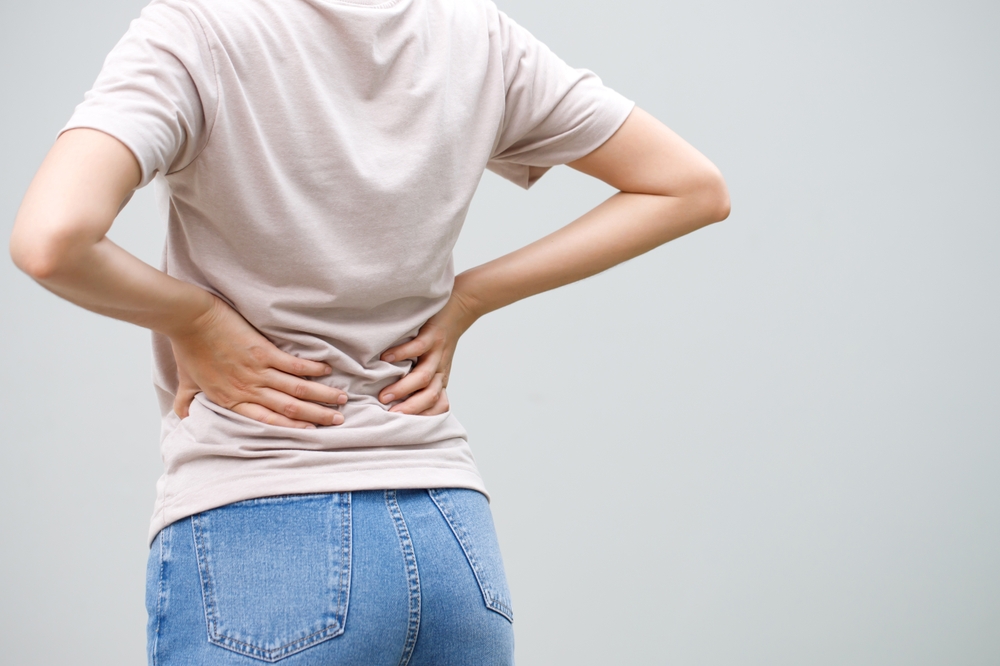Last Updated:
June 4th, 2025
Muscle Cramping Caused by Addiction
It is easy to assume that muscle cramps are just from overdoing it at the gym, not drinking enough water or sleeping in a weird position. But what many people don’t realise is that substance abuse and addiction are among the biggest causes of muscle cramps. While they may not seem like a serious symptom, muscle cramps can be debilitating and even painful. Understanding how muscle cramps are linked to addiction can help you make the necessary lifestyle changes and seek rehab treatment to address the root causes of both.

What are muscle cramps?
Muscle cramps are sudden, painful contractions or spasms in a muscle that you can’t control. They often feel like your muscles are tightening or locking up, and the pain can range from mildly uncomfortable to excruciating.
Most people experience muscle cramps at some point in their lives, usually after exercise, during the night or when they’re dehydrated. But when these cramps start happening regularly or for no obvious reason, they may be a sign of a more serious underlying condition.
Cramps typically affect the legs, feet, hands or back, but they can happen anywhere in the body where there is muscle tissue. They usually last from a few seconds to several minutes and can leave your muscles feeling sore or tender for some time afterwards.
Muscle cramps can be caused by a variety of minor things, including overuse, nerve issues or a lack of water or vital minerals. In some cases, however, they can be a symptom of an underlying medical condition, including alcohol or drug addiction.
How can addiction cause muscle cramps?
When you’re using substances regularly, they can affect your body chemistry dramatically. These changes can throw off your hydration levels, mess with your nerves and leave your muscles twitching, tightening or spasming without warning.
Opioid abuse can lead to painful muscle cramps due to dehydration and poor circulation. Long-term use slows down many of your body’s natural processes, and as you detox, the sudden return of nerve activity can trigger intense spasms or cramping.
Stimulants like cocaine and methamphetamine can cause cramps by overworking your muscles.
These drugs speed up your heart rate, movement and brain activity, which can lead to muscle exhaustion and cramping, especially if you’re not eating or drinking properly.
Alcohol addiction is one of the biggest causes of muscle cramps, as heavy drinking can lead to a lack of electrolytes like potassium and magnesium. This imbalance can trigger everything from leg cramps at night to sudden, sharp spasms during withdrawal.
What are the common signs of muscle cramping to look out for?
When addiction starts affecting the muscles, the signs can feel confusing, and you may not immediately connect the dots between substance use and the discomfort in your body. Here are some of the most common signs of muscle cramps that could be tied to drug or alcohol use:
When do you need to see a professional for muscle cramping?
If you or someone close to you is regularly experiencing muscle cramps, it’s always worth speaking to a healthcare professional. While cramps can be caused by things like dehydration, overexertion, stress or even nerve issues, they can also be linked to serious conditions, including substance use or withdrawal. If addiction is a possible cause, getting the right support early on can make all the difference. The best way to do that is by getting a full picture from a medical professional who can assess your situation and recommend the right treatment.
They will likely ask questions like:
- When did the cramps start?
- How often do they happen?
- Do they follow any kind of pattern?
- Are they isolated to one part of the body?

Whatever the cause, if you’re noticing muscle cramps that don’t go away or are getting worse, don’t hesitate to consult a professional, especially if addiction could be a factor.
Can muscle cramps become dangerous if left unaddressed?
When linked to drug or alcohol addiction, persistent cramping could point to chemical imbalances, nerve damage or withdrawal complications that need proper attention. While many people hope they go away, if you leave muscle cramps unaddressed, they could lead to far bigger problems.
For example, repeated spasms in your legs or back can strain the muscles and joints, potentially leading to injury. If muscle cramps are happening because of severe dehydration, low electrolytes or nerve damage from substance use, those root causes can worsen and begin to affect other parts of your health. You might also stop going out or moving altogether out of fear of another painful spasm, which can lead to stiffness, weakness and a higher risk of falls and accidents later.
In more severe cases, especially when vomiting, weakness or confusion come with the cramps, it could mean your body is overwhelmed or struggling with something like withdrawal or even overdose. That’s why it’s so important not to ignore frequent or intense muscle cramps, particularly if you’re dealing with addiction. The earlier you get help, the easier it is to find relief and avoid further harm.
What should I do if I or a loved one is experiencing muscle cramps from addiction?
Whether you are experiencing muscle cramps from withdrawal or the side effects of substance use, you don’t have to figure it out alone. At Addiction Helper, we understand how overwhelming these symptoms can be and how easy it is to ignore them until things get worse. Contact us today; our team can help you understand what’s happening and guide you towards the right support.
Our compassionate team are ready and available to take your call, and guide you towards lasting the lasting addiction recovery you deserve.

